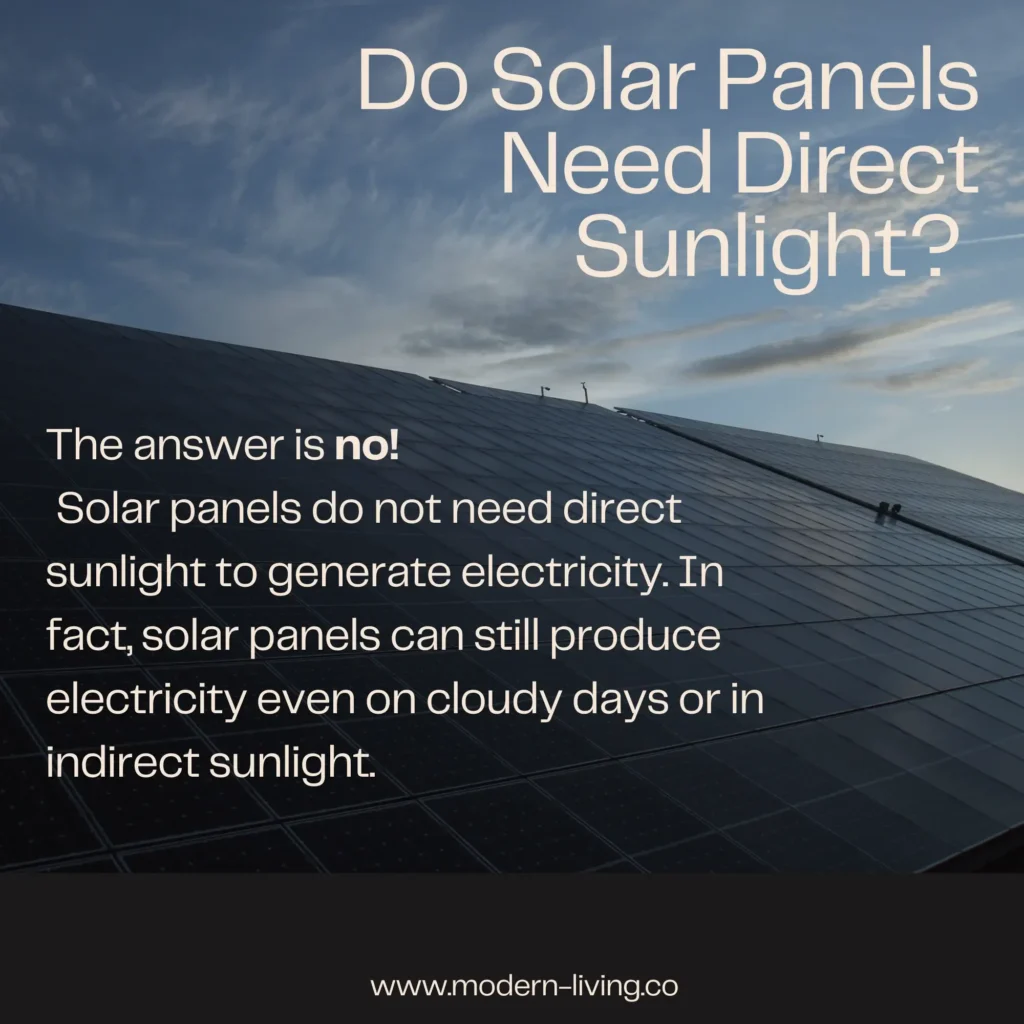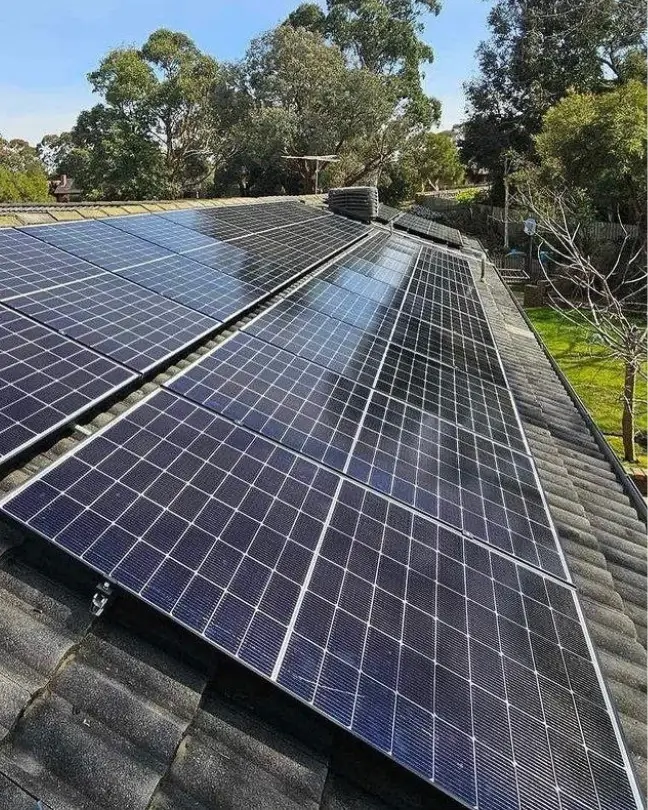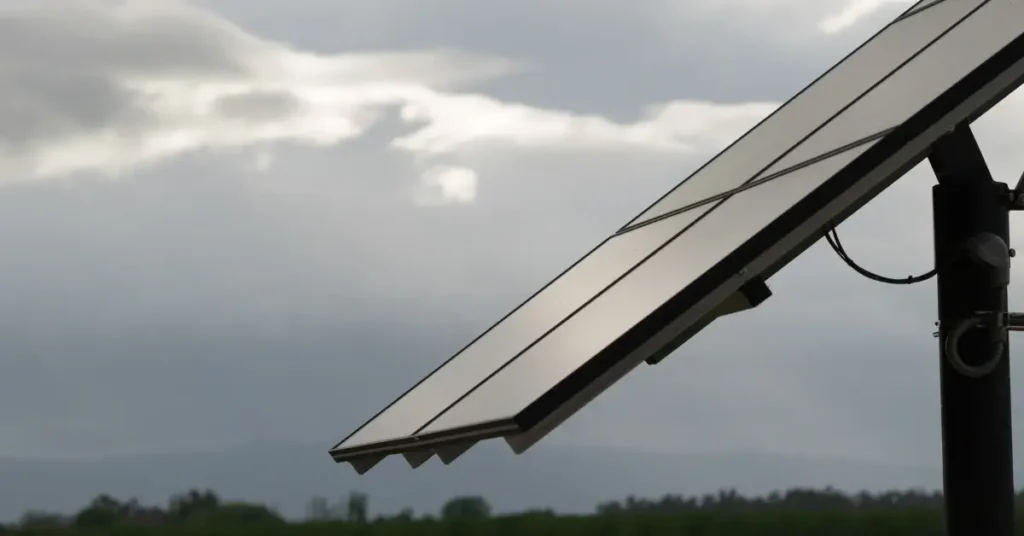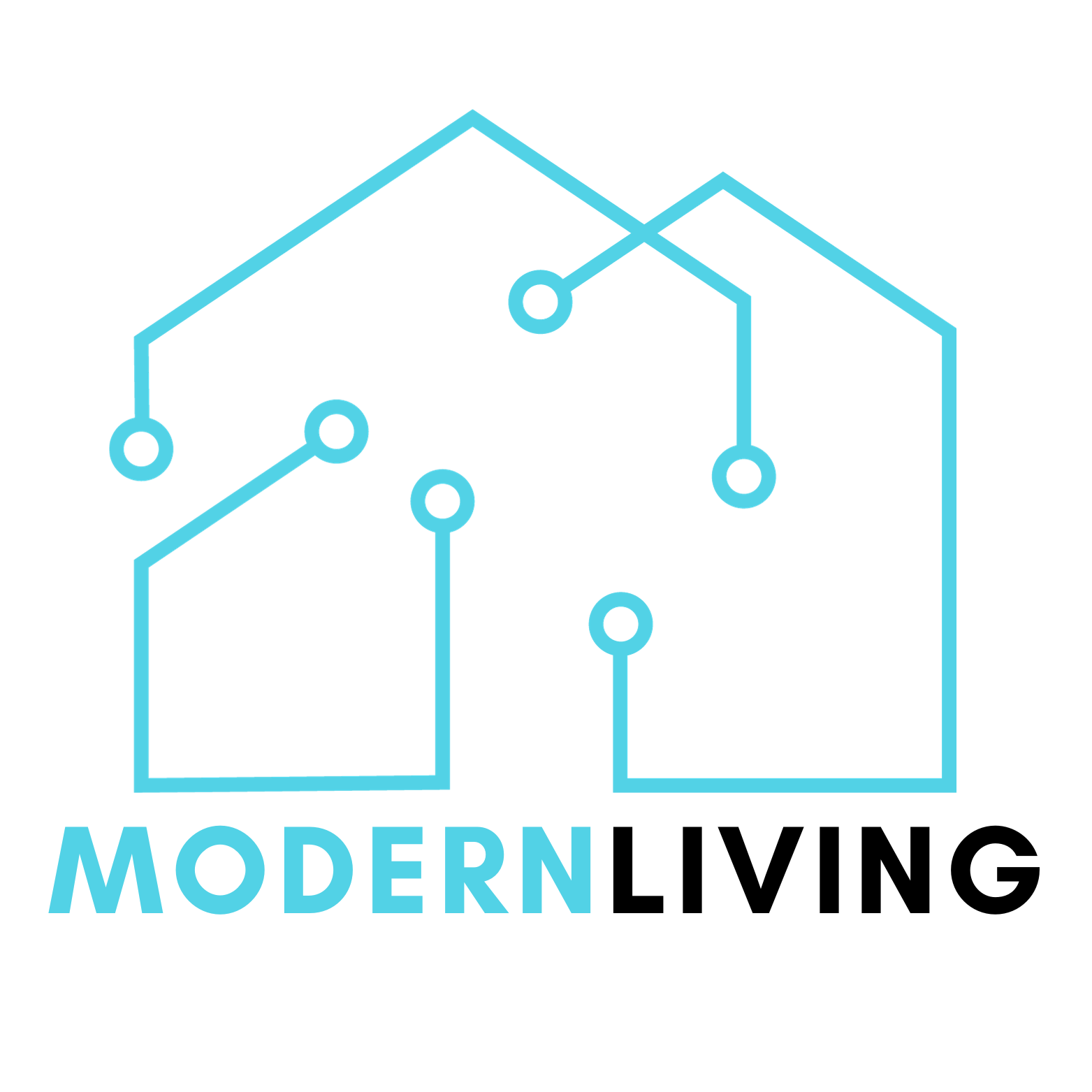Solar panels are a popular and effective way to generate electricity, but many people wonder do solar panels need direct sunlight to generate electricity efficiently? The simple answer is no, solar panels do not need direct sunlight to produce electricity. However, the amount of electricity they produce can vary depending on the amount of sunlight they receive.
Solar panels work by converting sunlight into electricity through the use of photovoltaic cells. These cells are made up of layers of silicon and other materials that absorb sunlight and release electrons. The electrons then flow through wires to create an electrical current that can be used to power homes, businesses, and other devices.
Key Takeaways: Do Solar Panels need Direct Sunlight
In summary, solar panels do not necessarily need direct sunlight to function. While direct sunlight is ideal, solar panels can still generate electricity in indirect sunlight caused by clouds, rain, shade, or snow.

However, if you’re eager to learn how to further boost your solar panel efficiency and make the most of your green energy investment, keep reading to discover valuable tips and tricks in the following sections.
Solar Panels Without Direct Sunlight
Many people wonder, “Do solar panels need direct sunlight or can they work on cloudy days?” The answer is no, solar panels do not need direct sunlight to generate electricity. In fact, solar panels can still produce electricity even on cloudy days or in indirect sunlight. In this section, I will explain how solar panels work without direct sunlight and the factors that affect their performance in indirect sunlight.
Can Solar Panels Work Without Direct Sunlight?
Solar panels work by converting sunlight into electricity. When photons from sunlight hit the solar panel’s photovoltaic cells, they knock electrons loose from atoms, creating a flow of electricity. While direct sunlight is the most efficient way to generate electricity, solar panels can still produce electricity in indirect sunlight.
Indirect sunlight can come from two sources: diffused sunlight and reflected sunlight. Diffused sunlight occurs when sunlight is scattered by the atmosphere and clouds, creating a more even distribution of light. Reflected sunlight occurs when sunlight bounces off reflective surfaces like snow, water, or buildings.
Factors Affecting Solar Panel Performance in Indirect Sunlight

While solar panels can still generate electricity in indirect sunlight, their performance will be affected by several factors. The amount of electricity a solar panel can produce in indirect sunlight depends on the panel’s efficiency, the angle of the sun, and the amount of shade or obstruction on the panel.
Solar panel efficiency is the amount of electricity a panel can produce per unit of sunlight. The more efficient a panel is, the more electricity it can generate in indirect sunlight. The angle of the sun also affects solar panel performance. When the sun is low on the horizon, the light has to travel through more atmosphere, reducing the amount of light that reaches the solar panel. Finally, any shade or obstruction on the solar panel can reduce its performance in indirect sunlight.
Direct Sunlight and Solar Panels
Role of Direct Sunlight

The intensity of sunlight affects the efficiency of solar panels. The more intense the sunlight, the more electricity the solar panels will produce. Solar panel efficiency is measured by the amount of electricity produced per unit of sunlight.
The efficiency of solar panels decreases in low light conditions, such as cloudy or rainy days. However, solar panels can still produce electricity in these conditions, albeit at a lower rate.
Maximizing Solar Panel Efficiency
Regular Cleaning
It’s recommended to clean the solar panel at least once a month, especially if the lights are exposed to dust, dirt, or other environmental factors. Regular cleaning will ensure that the solar lights function optimally and last longer.
Placement and Angle of Solar Panels
The placement and angle of your solar panels can greatly affect their efficiency. Ideally, solar panels should be installed in a location that receives direct sunlight for most of the day. This means avoiding areas with shading from trees, buildings, or other obstructions.
In addition to placement, the angle of your solar panels is also important. The optimal angle for solar panels depends on your location and the time of year. In general, solar panels should be tilted at an angle equal to your latitude, plus or minus 15 degrees depending on the season. For example, if you live at 40 degrees latitude, the optimal angle for your solar panels in the winter would be 25 degrees (40 – 15), and in the summer it would be 55 degrees (40 + 15).
Solar Tracking Systems
Another way to maximize solar panel efficiency is by using solar tracking systems. These systems automatically adjust the angle of your solar panels throughout the day to follow the sun’s path. This allows your solar panels to receive direct sunlight for a longer period of time, increasing their efficiency.
There are two types of solar tracking systems: single-axis and dual-axis. Single-axis systems adjust the tilt of your solar panels to follow the sun’s path from east to west. Dual-axis systems not only adjust the tilt but also the orientation of your solar panels to follow the sun’s path from sunrise to sunset. While dual-axis systems are more efficient, they are also more expensive.
FAQ
What do solar panels do with sunlight?
Solar panels convert sunlight into electricity using photovoltaic cells. The cells absorb photons from the sunlight and release electrons, creating a flow of electricity. The electricity is then transferred to an inverter, which converts it into usable AC power for homes and businesses.
What is the best sunlight for solar panels?
The best sunlight for solar panels is direct sunlight, which provides the highest intensity of sunlight and optimal conditions for electricity production. However, solar panels can still generate electricity in diffused sunlight or cloudy conditions, although the output will be lower.
Do solar panels work in winter?
Yes, solar panels work in winter, but their efficiency is reduced due to factors such as shorter daylight hours, lower sun angle, and snow cover. To improve performance, use high-quality solar panels, position them towards the sun, and clean them regularly.
If you liked this blog article about the topic: Do Solar Panels need direct Sunlight, don’t forget to leave us a comment down below to tell us about your experience.
Feel free to also check out our other Articles from the category “Solar System“





